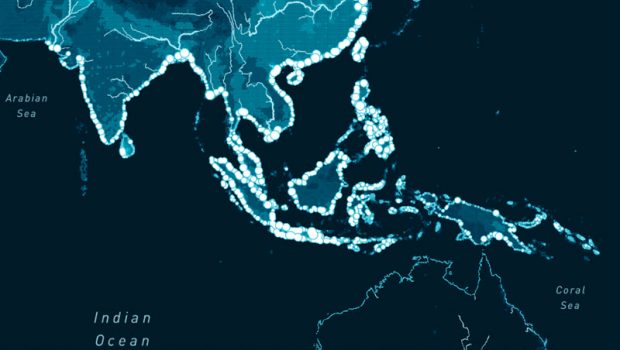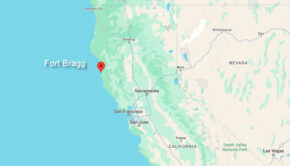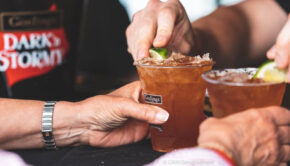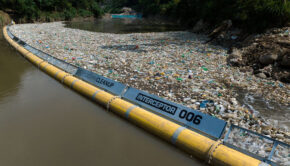Celebrate World Ocean’s Day 2017
Published on June 7th, 2017
Changing habits is hard, but the more we discuss how our oceans can no longer be our convenient waste basket, the sooner we will respect them to secure their future. We play in them and we rely on them for food… our waters deserve better than history has treated them.
The oceans have many threats, but the easiest to address is our reliance on plastics. Over the last ten years we have produced more plastic than during the whole of the last century. Our quest for convenience have driven this increase, as 50 percent of the plastic we use, we use just once and throw away.
As we celebrate World Ocean’s Day on June 8, we need recognize our consumption of plastic and how we can change our habits.
The dominant issue with plastic is how when it enters the ocean, it breaks down into such small segments that pieces of a one liter plastic bottle could end up on every mile of beach throughout the world.
To turn help affect change, researchers at The Ocean Cleanup, the Dutch foundation developing advanced technologies to rid the oceans of plastic, have published the first-ever estimate of plastic emissions from rivers into the world’s oceans.
The report estimates that rivers annually transport between 1.15 and 2.41 million metric tons of plastic waste into our oceans. Of the 40,760 ocean-bound rivers studied, just 20 are responsible for two-thirds of the global plastic input, most of which are located on the Asian continent.
It is commonly accepted that most plastic found in the oceans originates from land-based sources. It is also well known that rivers play a particularly important role in transporting mismanaged plastic waste from land into the ocean. By now having this knowledge about the sources of plastic pollution, prevention efforts can be better directed.
So while North America is not the primary contributor to this world-wide problem, our locally caught seafood dinners are still consuming the plastic that enters our oceans. That’s a problem worth worrying about.
Here are some habit changing tips for our reliance on plastic:
• Choose to reuse when it comes to shopping bags and bottled water. Cloth bags and metal or glass reusable bottles are available locally at great prices.
• Refuse single-serving packaging, excess packaging, straws and other “disposable” plastics. Carry reusable utensils in your purse, backpack or car to use at bbq’s, potlucks or take-out restaurants.
• Reduce everyday plastics such as sandwich bags and juice cartons by replacing them with a reusable lunch bag/box that includes a thermos.
• Bring your to-go mug with you to the coffee shop, smoothie shop or restaurants that let you use them, which is a great way to reduce lids, plastic cups and/or plastic-lined cups.
• Recycle. If you must use plastic, try to choose #1 (PETE) or #2 (HDPE), which are the most commonly recycled plastics. Avoid plastic bags and polystyrene foam as both typically have very low recycling rates.
• Volunteer at a beach cleanup. Surfrider Foundation Chapters often hold cleanups monthly or more frequently.
• Support plastic bag bans, polystyrene foam bans and bottle recycling bills.
• Spread the word. Talk to your family and friends about why it is important to reduce plastic in our lives and the nasty impacts of plastic pollution.









 We’ll keep your information safe.
We’ll keep your information safe.